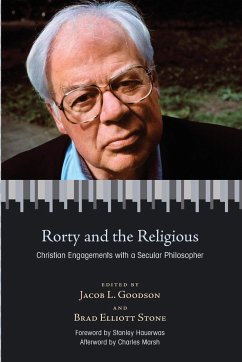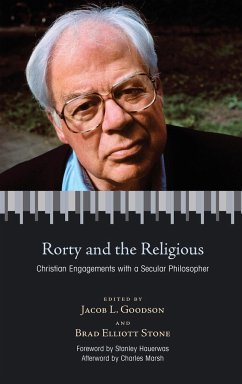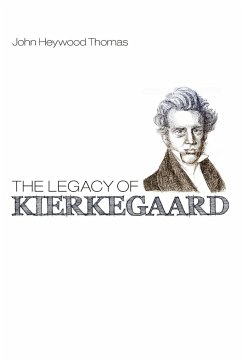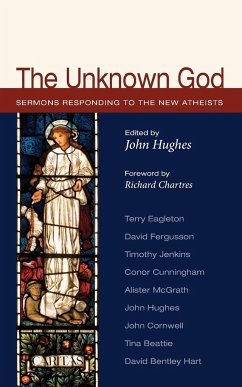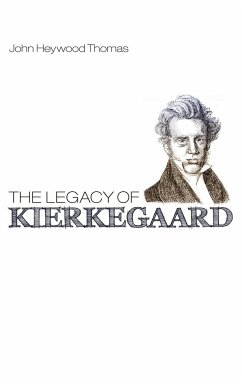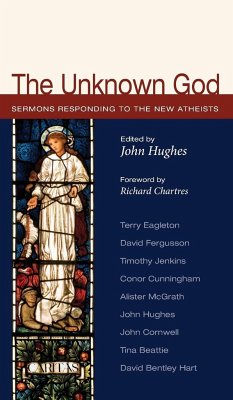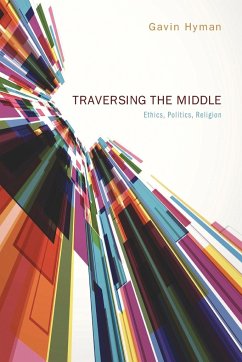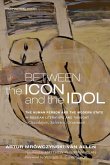Prior to his death in 2007, the self-described secular philosopher Richard Rorty began to modify his previous position concerning religion. Moving from "atheism" to "anti-clericalism," Rorty challenges the metaphysical assumptions that lend justification to abuses of power in the name of religion. Instead of dismissing and ignoring Rorty's challenge, the essays in this volume seek to enter into meaningful conversation with Rorty's thought and engage his criticisms in a constructive and serious way. In so doing, one finds promising nuggets within Rorty's thought for addressing particular questions within Christianity. The essays in this volume offer charitable yet fully confessional engagements with an impressive secular thinker.
Hinweis: Dieser Artikel kann nur an eine deutsche Lieferadresse ausgeliefert werden.
Hinweis: Dieser Artikel kann nur an eine deutsche Lieferadresse ausgeliefert werden.

